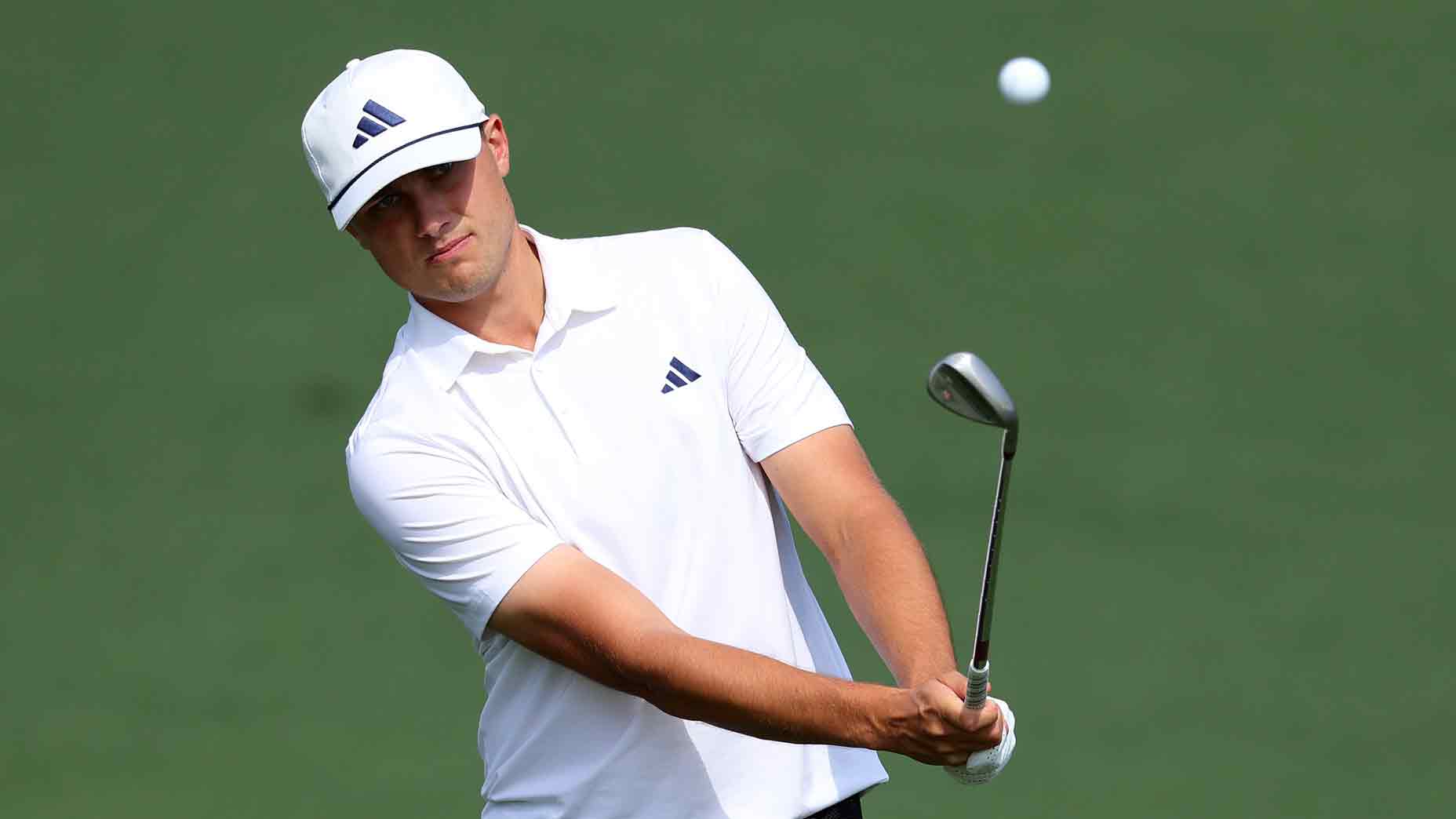I can’t tell you how many times a hole has gone completely south on me once I got within 100 yards of the putting surface.
I can crush my drive, find myself in the fairway, use a little gap wedge to put it near the green, and then, boom, I suddenly lose the ability to hit good shots to get up-and-down for birdie or par.
The result? Taking 3-4 shots despite being closer to the pin!
Wouldn’t it be nice to have a short game prescription that helps eliminate these frustrating (and very unnecessary) strokes? While there isn’t a magic potion that can do that, there are some basic tips to at least limit your number of short game strokes each round — and GOLF Top 100 Teacher Josh Zander explains how below.
Use this chipping tip to avoid round-wrecking errors
As mentioned above, my short game has been my Achilles heel over the past year or so — and it was costing me any opportunity to score lower each round.
That’s why I tapped Zander to help, and had him send me a foolproof way to build a disaster-free chipping game. Here’s what he told me.
“Raise the handle and let the toe rest on the ground,” Zander instructs me.
So how should this look at address? The image below describes it.
“If the club is flat on the ground [which Zander is using his hand to demonstrate above], I want you to raise the shaft up and only have the toe touching and have the heel off the ground,” he says.
“Now why do I say that? Because the heel digs and the toe slides. You want the club to slide through the ground, not digging.”
Zander then describes the difference in result when using the heel versus the toe of the club while chipping.
“If you hit the heel on the ground, the club will flip over on you,” Zander adds. “But if you put the toe on the ground, the club will just slide on through. And if you have a sliding club, you have a more forgiving bottom of the swing.”
By building in that foolproof forgiveness, Zander says you can focus on other important factors for hitting a good chip — like backswing length and distance control.
“When you have a more forgiving bottom of the swing, which allows for better contact, you actually get to focus on the shot,” Zander says. “Where do you want to land it? How’s it going to break? How hard do you want to hit it? These are all the things that great players are thinking about when they’re chipping.”
Finally, Zander shares how the setup should look when raising the shaft to use the toe versus the heel on short game shots.
“When you set up, I want you to get almost uncomfortably close to the ball, and your shaft is more vertical,” Zander instructs. “This allows the club to sit on its toe, which allows it to glide right on through the turf.”
